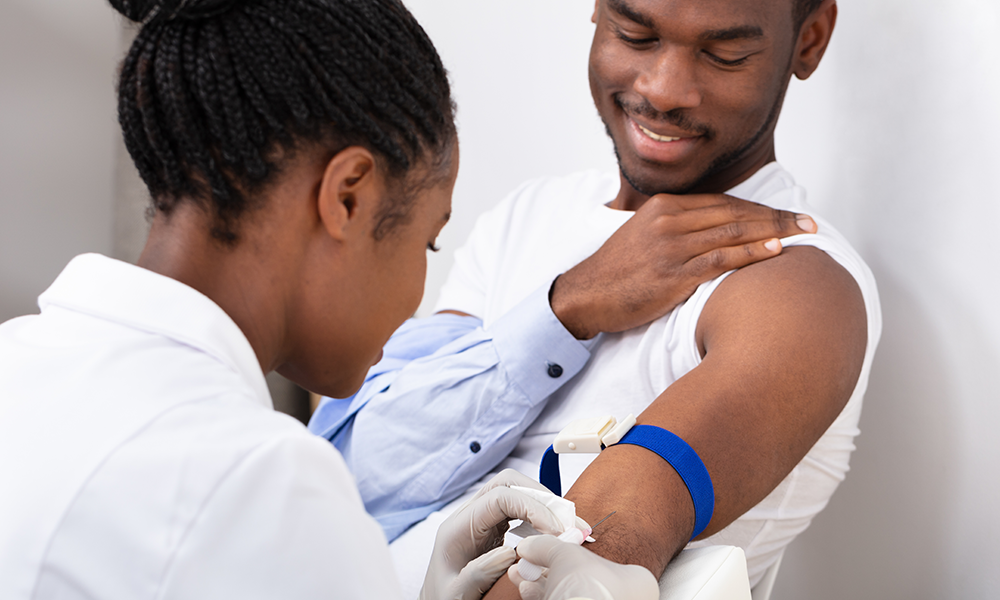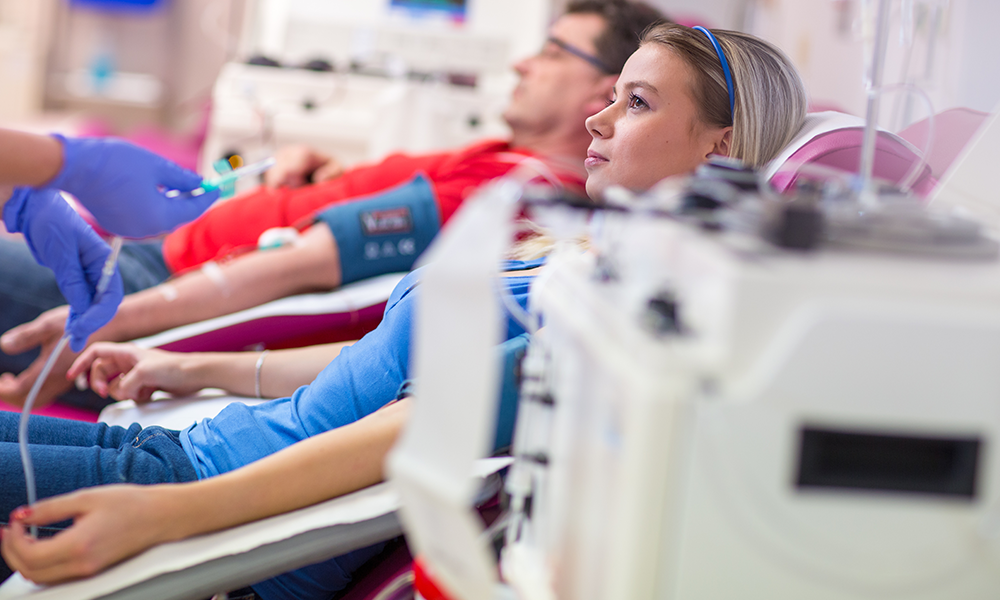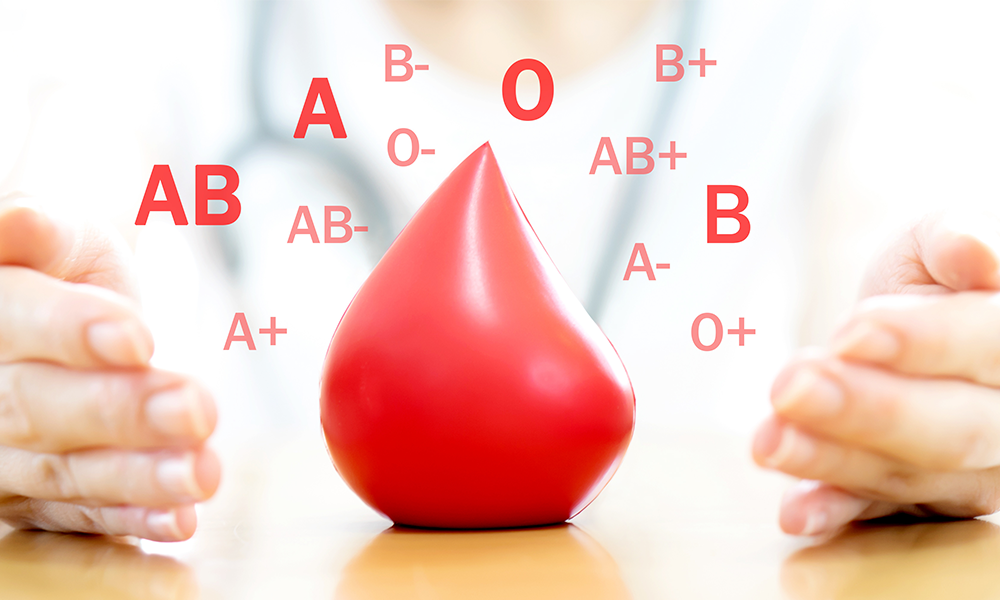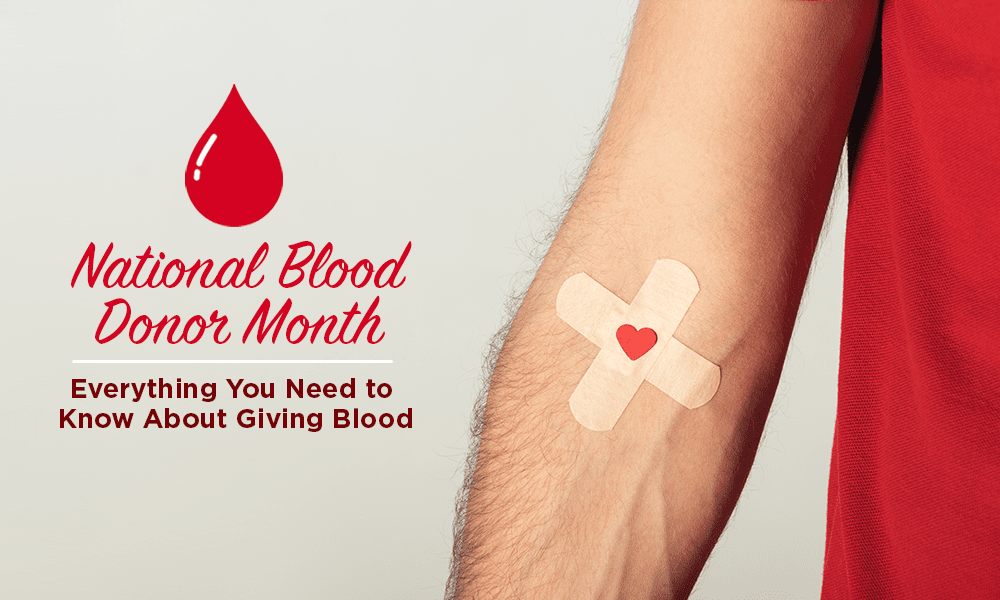January is National Blood Donor Month. American Standard celebrates the importance of giving blood. Whether you’re a veteran donor or could use a comforting hand during your first time, this article will show you why you should donate, if you should donate, and more.

Celebrate National Blood Donor Month: The Benefits of Donating
Give blood. Save a life! The main benefit of donating blood is that you’re helping someone stay alive (in fact, you might save multiple lives!). Here are some stats on today’s blood needs and supply and how you can help:
- Every 2 seconds, someone in the US needs blood for surgeries, cancer treatment, chronic illnesses, and traumatic injuries.
- One donation has the potential to save up to three lives.
- Less than 38% of the population is eligible to give blood, making it of vital importance to be a donor if you can
- Blood can’t be artificially manufactured so it can only come from volunteer donors.
- Approximately 36,000 units of red blood cells are needed every day in the U.S. The average donation is about 3 units. That’s roughly 12,000 individual donations being used every day!
It’s easy to see the importance of giving blood. At American Standard, we want to give a moment of appreciation to the donors who help keep our fellow Americans alive. Happy National Blood Donor Month! But the good just keeps on growing. Donating blood may also benefit you! (Keep reading).

Health Benefits of Donating Blood
According to St. Mary’s Medical Center, there are also a number of health benefits of giving blood, making this practice good for everyone involved. Here are some of the health benefits:
- Giving blood can help prevent hemochromatosis, which is sometimes called iron overload. According to the National Human Genome Research Institute, an estimated one million people in the United States have hereditary hemochromatosis. The Center for Disease Control recommends the removal of blood cells as the preferred treatment for patients with iron overload. Giving blood is one way to do this.
- If undetected and untreated, “iron overload may eventually result in other conditions including cirrhosis (liver failure), hepatomas, diabetes,” and a lot more. Because of this connection, giving blood can also help keep your heart and liver healthy.
- Donating blood stimulates new blood cell production. This new blood cell production can help you maintain good health.
- This study, published by the Research Institute of Public Health, found that in a sample size of 2,682 men in Finland, those who donated blood at least once a year had an 88 percent lower risk of heart attacks than those who did not donate.
- Skip the gym! According to St. Mary’s Medical Center, you can burn approximately 650 calories giving blood. That’s about the same as you burn in an hour-long workout class!
- Free medical checkup, anyone? Every donor receives a free blood analysis when they donate. This includes screening for hepatitis B, HIV, hepatitis C, and other blood-borne diseases. You also receive your cholesterol reading, blood pressure, iron levels, and heart rate.

Requirements for Donating Blood
Many people can donate blood, but the Red Cross does have some eligibility requirements for donors. Donors must:
- Be 17 years old or older
- Weigh at least 110 pounds
- Be in good health
- Have any chronic conditions (such as diabetes) actively managed
- Feel well
In addition, The Red Cross also has a list of eligibility criteria that applies, including certain medications, medical conditions, travel restrictions, and personal history. At the time of your appointment, the staff will also take your vitals and determine whether or not you’re able to give blood that day.

What to Expect at Your Donation Appointment
If this is your first time giving blood, you may feel apprehensive if you don’t know what to expect. Luckily, giving blood is quick, easy, and nearly painless.
When you first arrive to your appointment, you’ll have to fill out paperwork determining your eligibility. If everything checks out, you’ll then be greeted by a nurse who will ask you a few questions, take a very small pinprick of blood, and test your iron levels and whether or not you’re in a good condition to donate.
Once you’re ready to donate, the nurse will prepare everything and place a needle in your arm. The needle itself is very small and you should only feel a small pinch, like when you get a shot. Most donations take about 10-15 minutes and your whole appointment will take about an hour. That means that in an hour, you have the ability to save someone’s life.
As National Blood Donor Month begins, take advantage of this time and give back to someone who needs your help. Donating blood is one of the most selfless things you can do!


